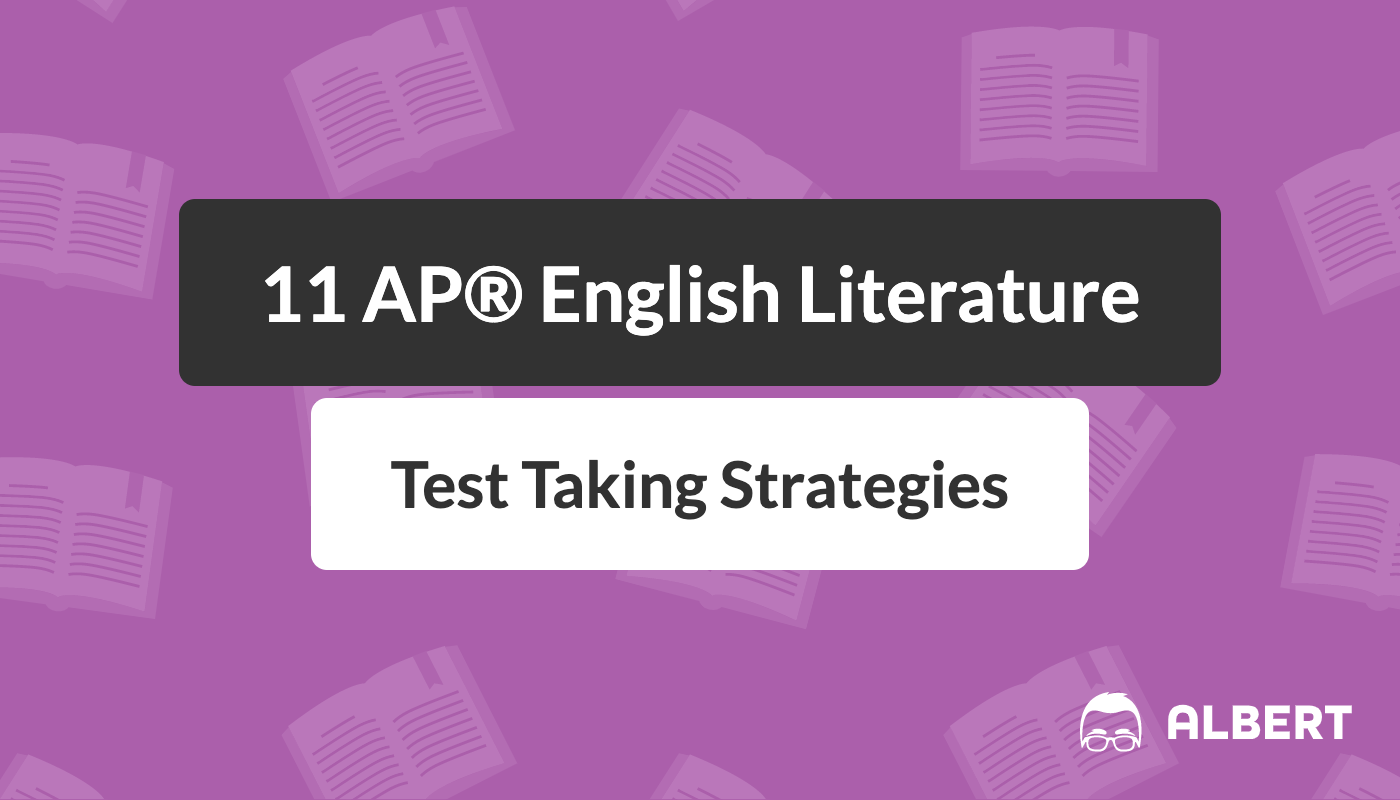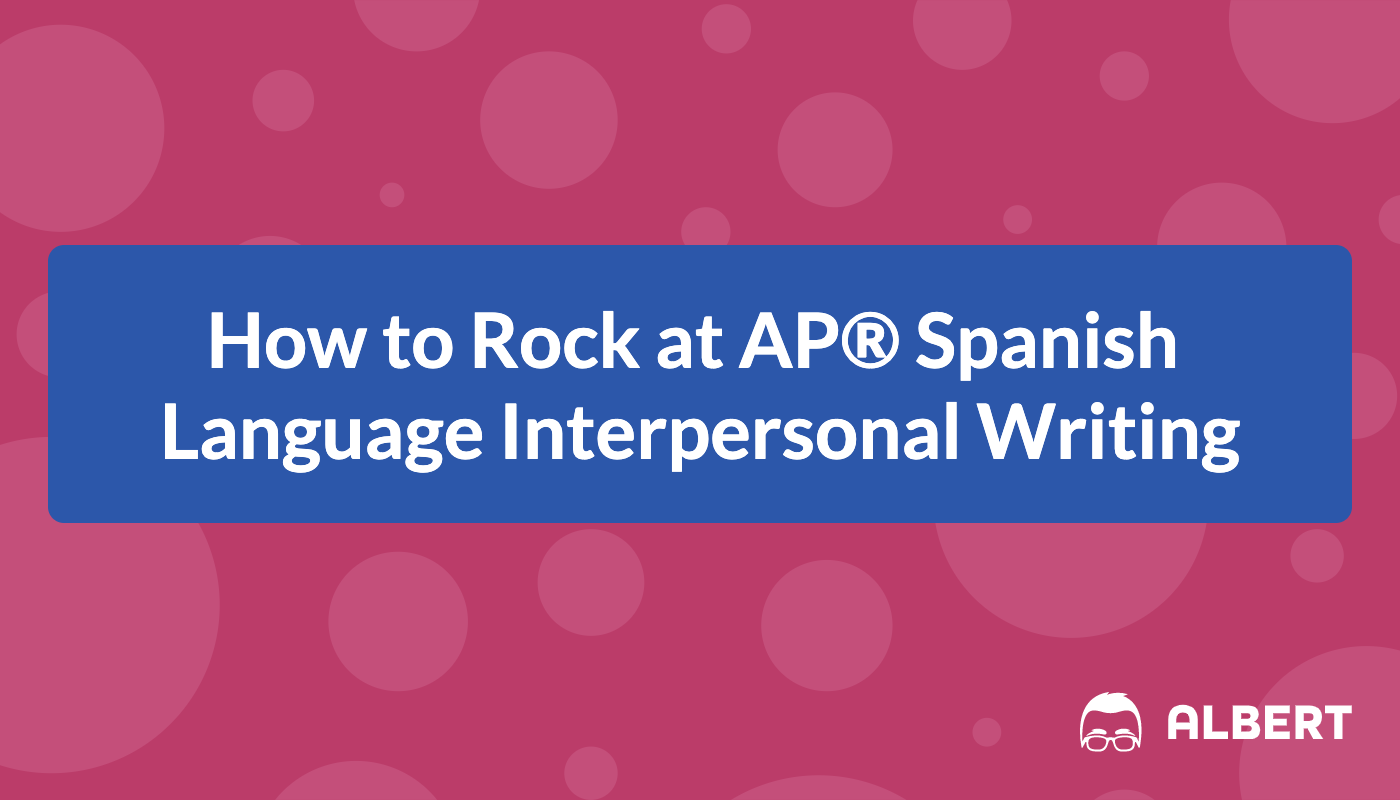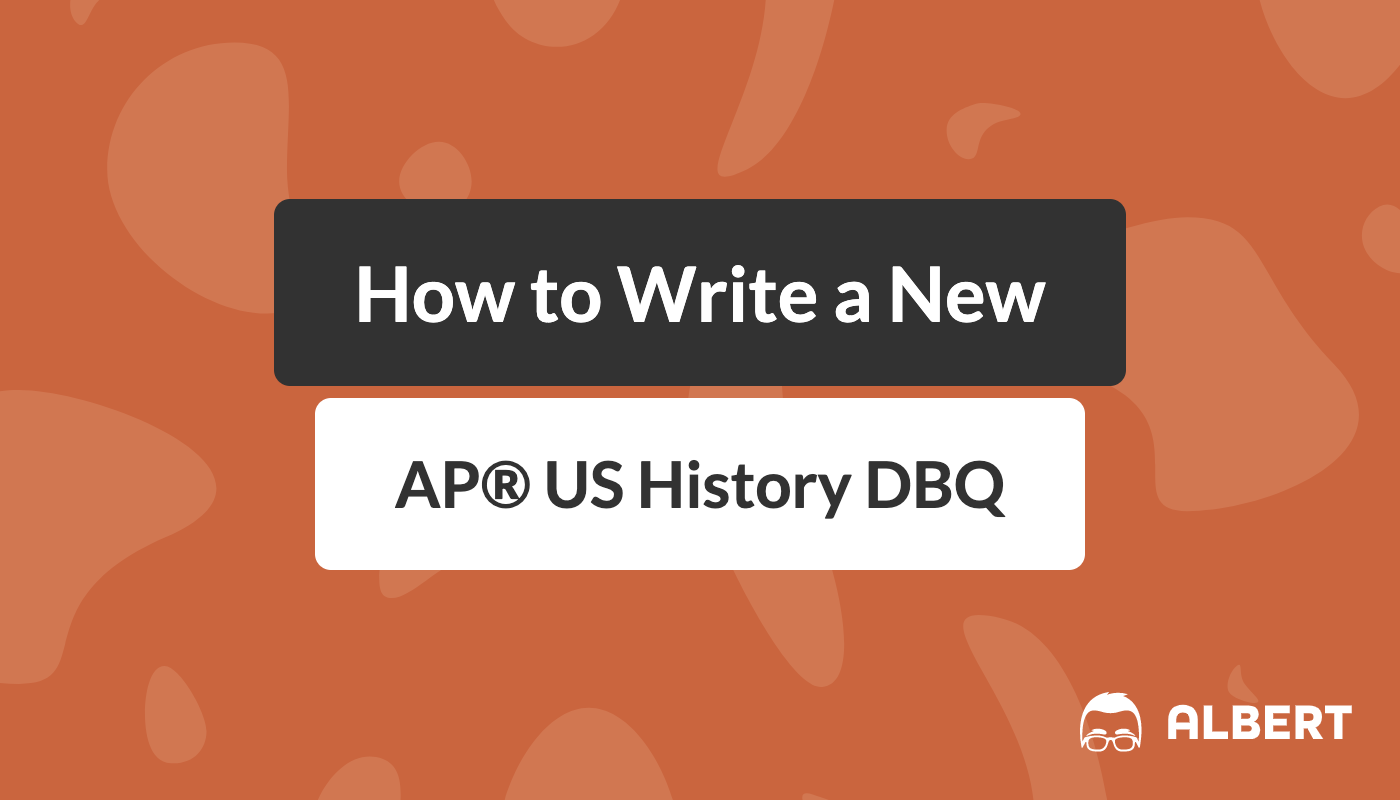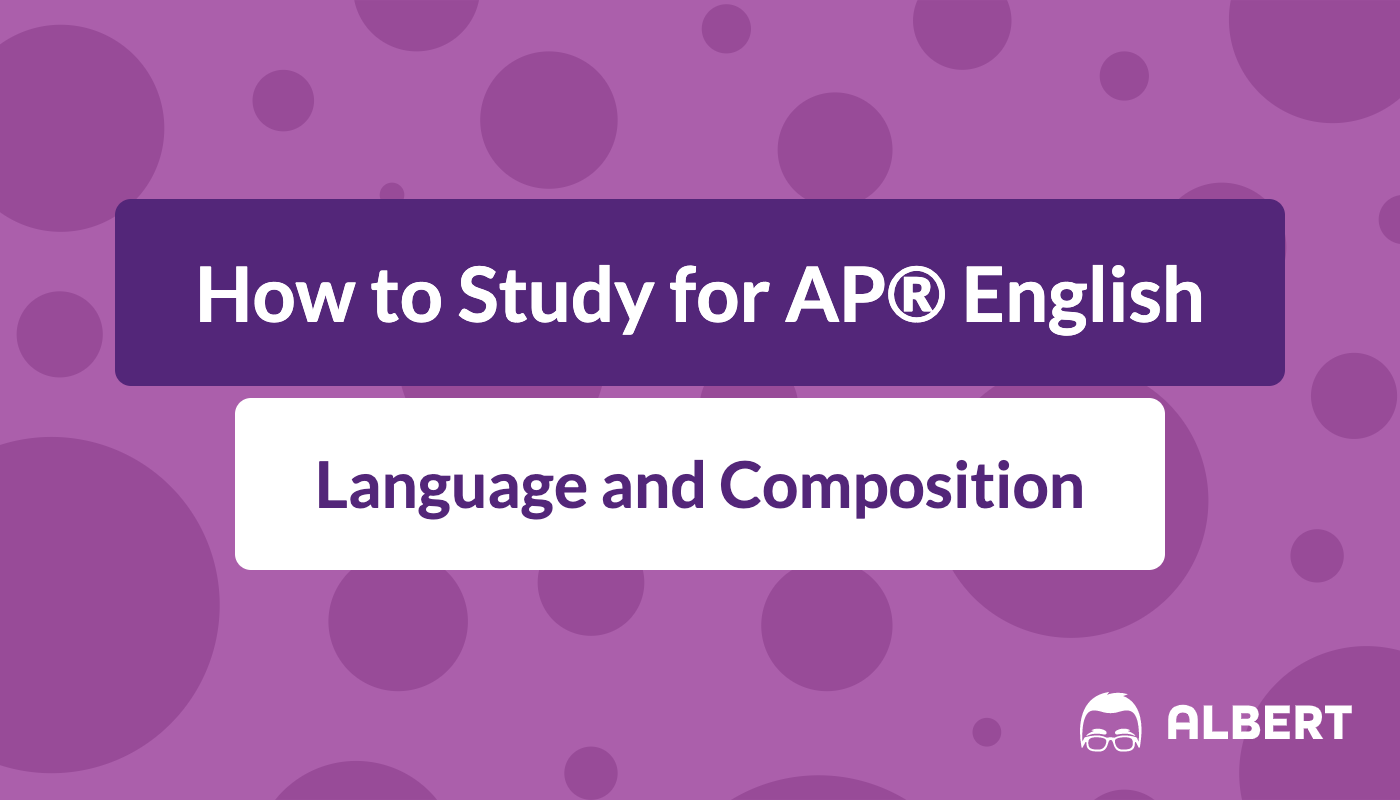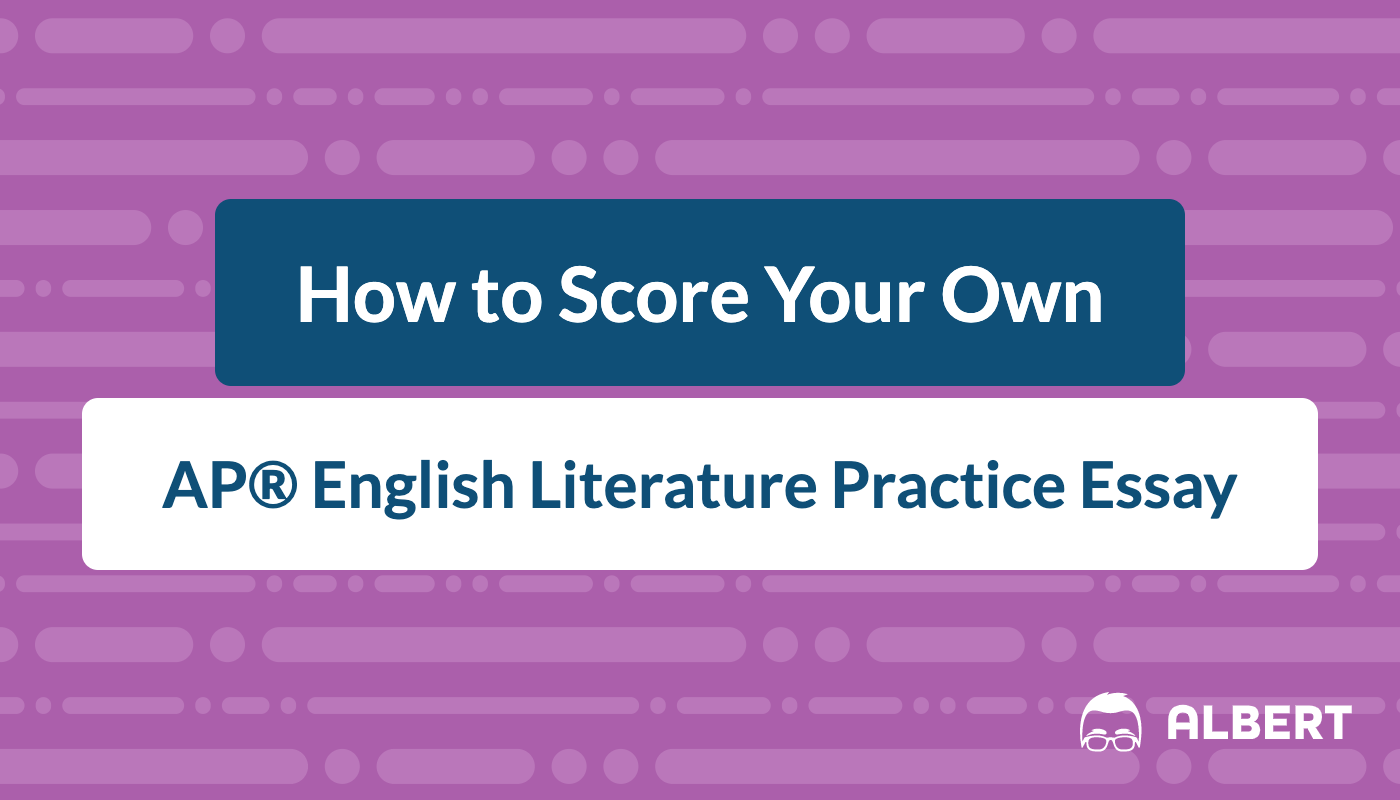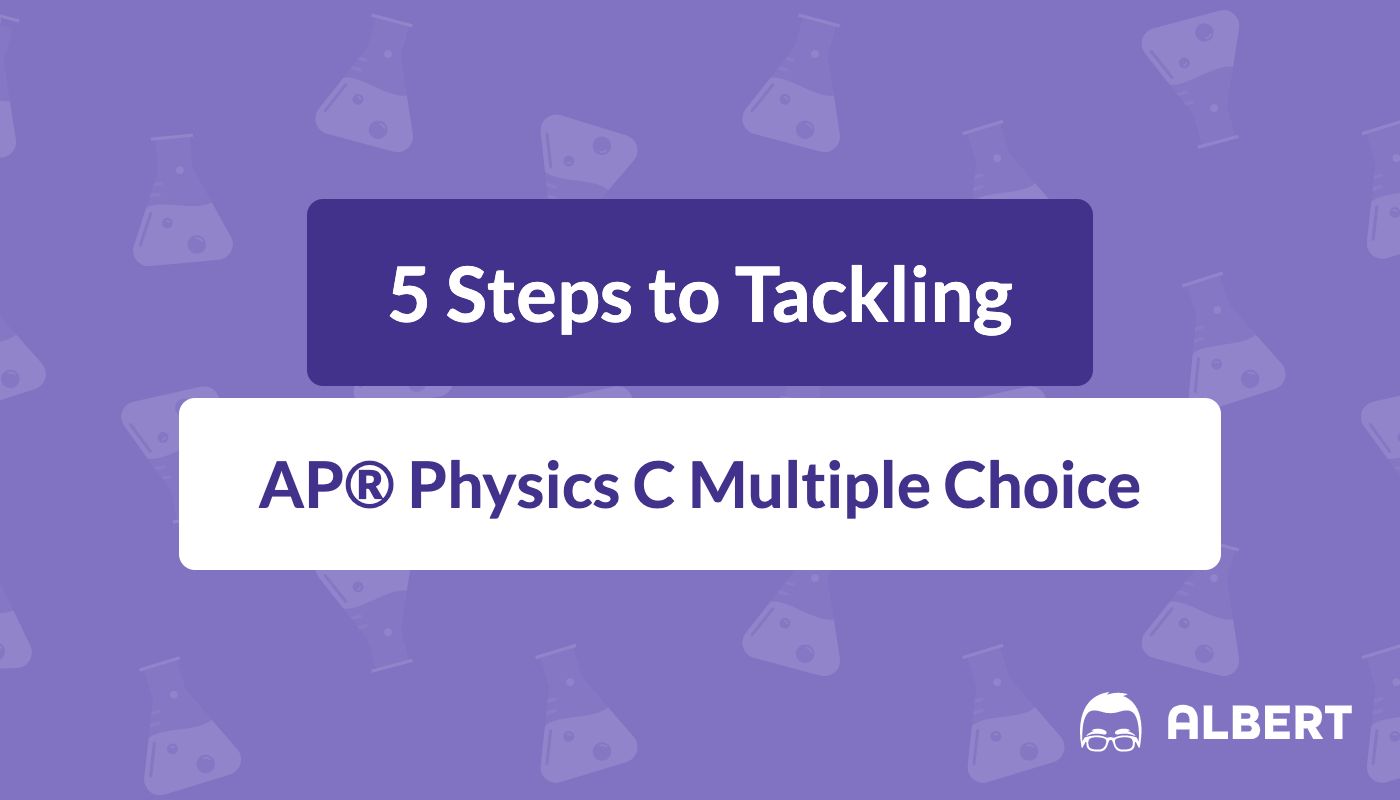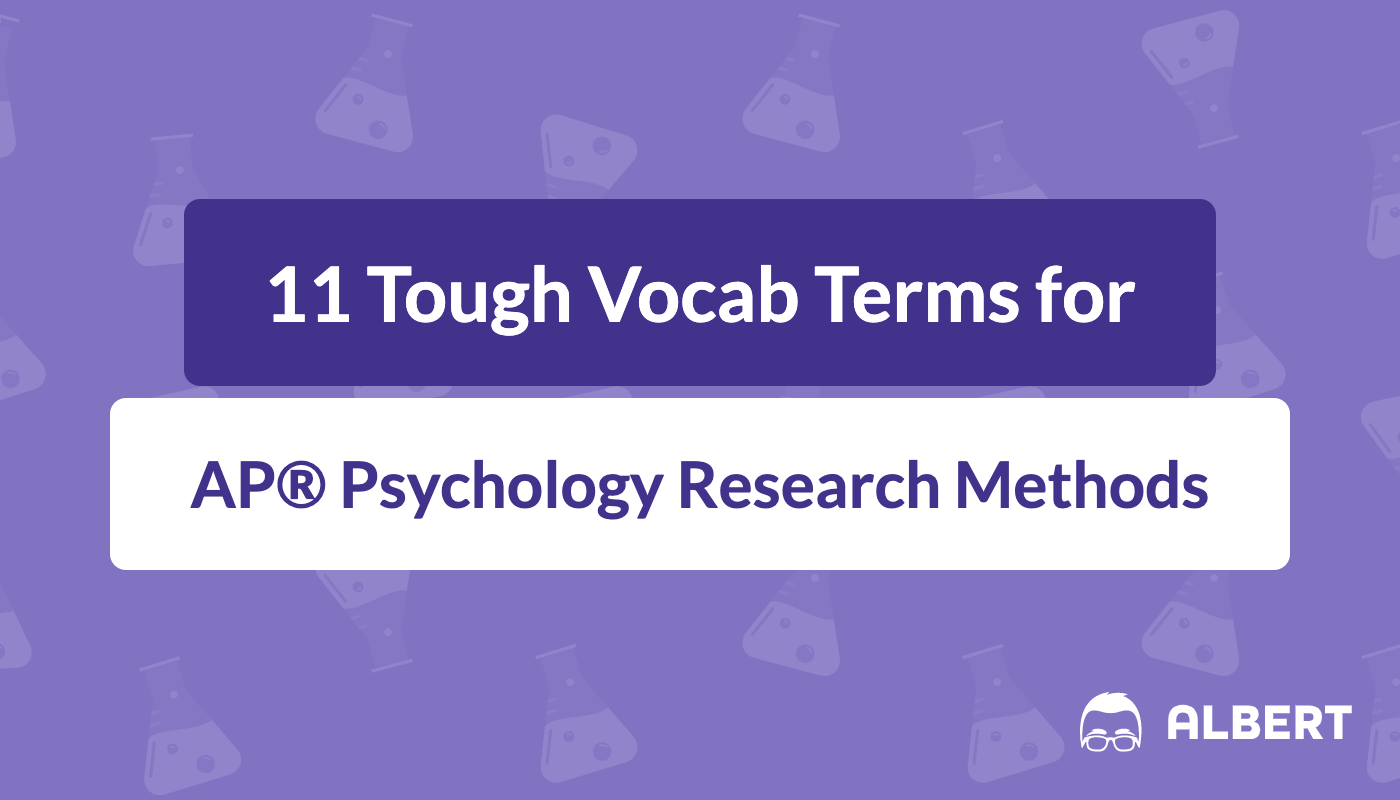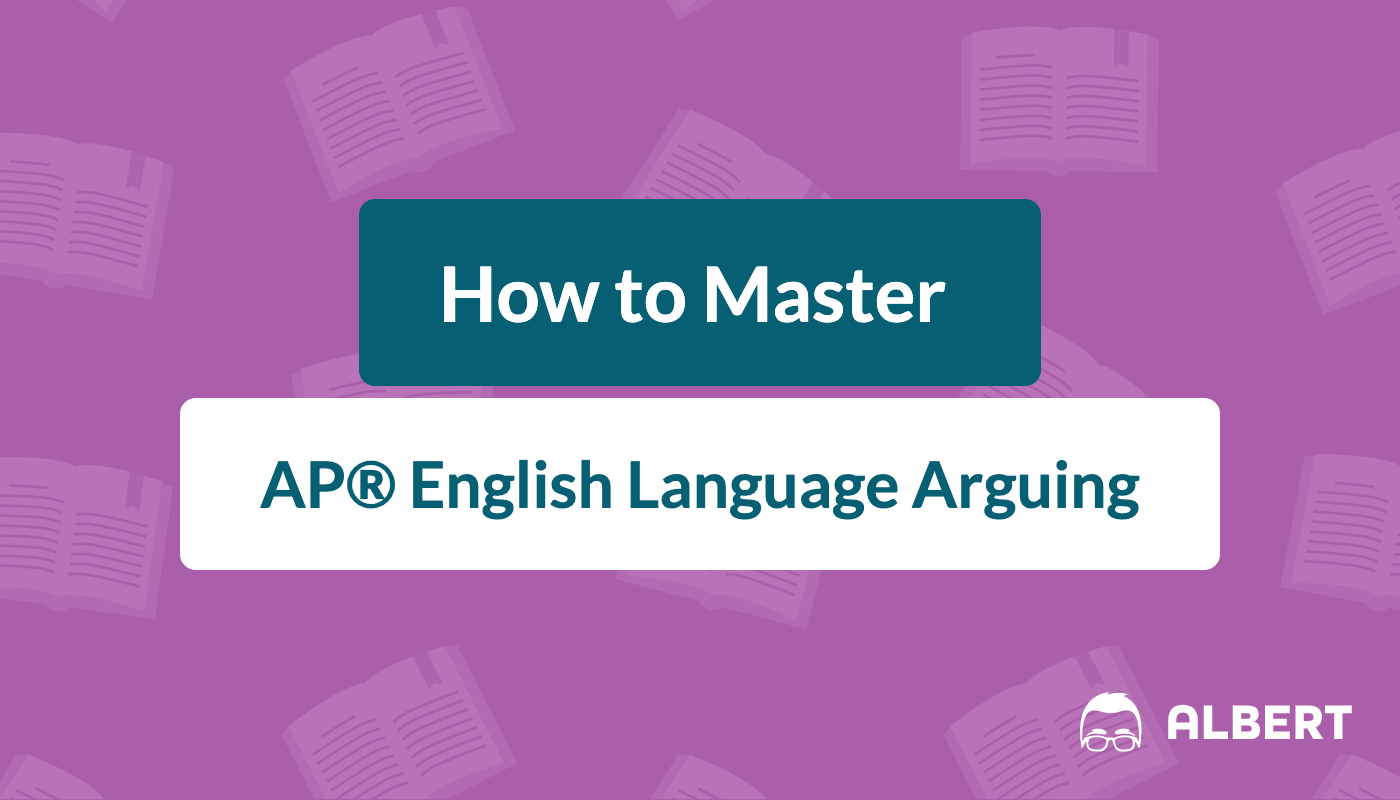11 AP® English Literature Test Taking Strategies
Taking any of the multitude of AP® exams can seem like a daunting task in the beginning stages of your preparation. That’s why it’s important to be organized about the work you do in studying for these tests. The AP® English Literature exam is frankly no different. Each of these tests requires extensive, specific preparation. But how do we know what to prepare for and how to prepare for it? Answering that question requires some solid strategy.

